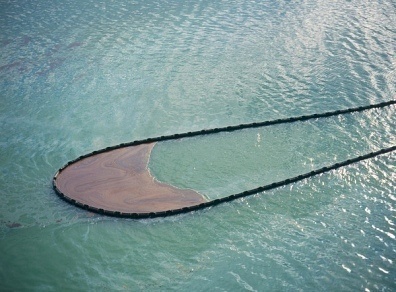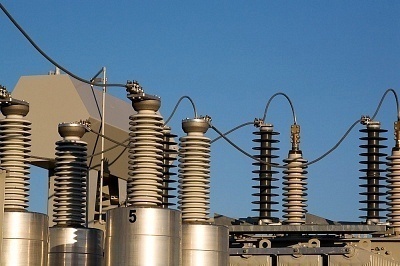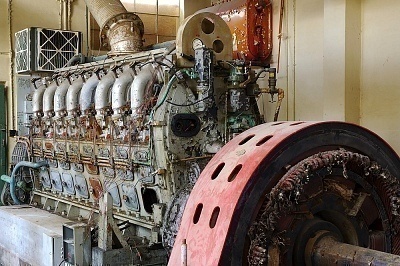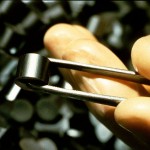How Do Oil Booms Work?
Oil spills can occur with little to no notice. When a spill does happen, it becomes critical to act quickly to contain the spill in order to mitigate damage to the environment. Oil booms are commonly used in maritime environments as both a reactive action to a spill or as a preventative measure around ships …




